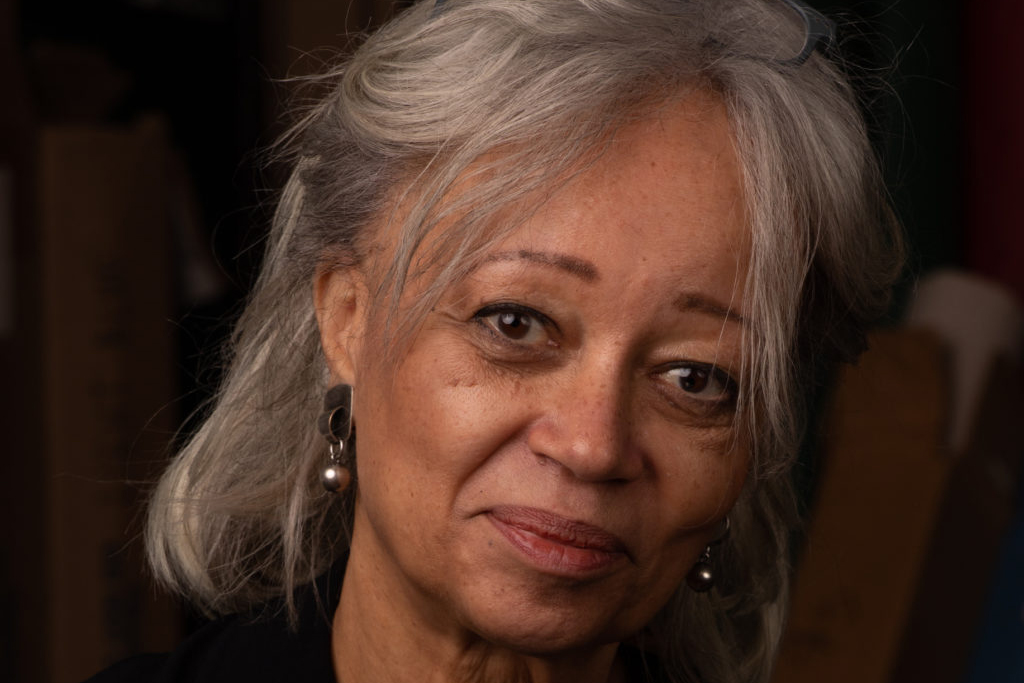Boston College Law School joins legal education’s vanguard this fall by offering a new required course to first-year students on the intersection of law and race, gender, power, and class. BC Law Interim Dean Diane Ring views the initiative as a “vital step in making our curriculum match our shared values of critical thinking and inclusion.”
As INSIGHT into Diversity magazine so succinctly put it recently, “Law schools, perhaps more than any other institutions in higher education, are in a unique position to address structural racism and effect meaningful societal change in the nation’s criminal justice system.” After all, the article noted, “Today’s law students will be tomorrow’s politicians, judges, attorneys, and legal scholars, so it is imperative that they have a critical understanding” of the role of institutional racism in the formation of the legal system.
BC Law’s course, Critical Perspectives in Law and Professional Identity, grew out of conversations inspired by students seeking reform. Faculty and school leadership, intent upon building an inclusively enduring curriculum, embraced the opportunity to begin building a course and a commitment to critical perspectives in law.
The course will be anchored by a keynote conversation September 9 between two of the preeminent scholars in the field, Northeastern law and humanities professor Patricia J. Williams and UC Berkeley law professor Khiara Bridges.
Among the topics being addressed throughout the semester are intersectionality, criminalization, power and family, and race and lawyering, all of which will encourage an exploration of identity, structural racism, and bias as a lawyer.
Rosa Kim ’22, who was among the students involved, explained at the course’s introductory session September 1 that she and fellow students believed such a class was important because the issues that people of color, marginalized groups, and diverse communities face is something everyone lives with 24/7. “If our mission is to create a more diverse and understanding community, it’s something that everyone should learn about,” Kim said. “The burden shouldn’t be just on those people.”
Through a series of plenary lectures and small group discussions, Critical Perspectives in Law and Professional Identity seeks to provide students with skills foundational to the study of law and the formation of professional identity. The faculty working group, comprised of Daniel Farbman, Cheryl Bratt, Claire Donohue, Melanie Mitchell, Reena Parikh, and Evangeline Sarda, anticipates building on the lessons learned from this course as the Law School works toward more permanent curricular reform. Lisa Brathwaite, BC Law’s director for Diversity, Equity, and Inclusion Programs, also provided input.
“You’re going to shape the law,” Professor Bratt explained to the students at the opening session. “What you do is either going to perpetuate the systems or reform the systems or help the systems evolve or help the systems dissolve. This course is going to begin to give you tools to decide what kind of legal system you want to be a part of and what role you want to play in it.”
Professor Farbman put it another way: “There’s a secret about what a good lawyer is. It’s not someone who knows the rules, because as you know, the rules are confusing and disappear before your fingers as you try to grasp them. It’s about thinking critically, creatively, and empathetically with the people you are working for. That’s what this class is about; it’s about building that capacity.”
The faculty’s planning report noted that law school is a time of intense acculturation and professionalization, and expressed the view that it is vitally important that students have a space to consider the ways in which they are experiencing those forces. “That will help them to take ownership of their path towards becoming lawyers and the way in which they will walk in the world as colleagues and others in the legal system,” the report said.
The hope is for students to emerge from the course as deeper and more reflective thinkers who are empowered to ask productive questions about the law and their role in the profession. “In other words,” the report concluded, “the central goal of this course is the central goal of the Law School: to prepare our students to be great lawyers and engaged citizens for themselves and for others.”


